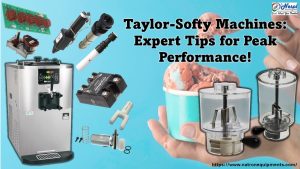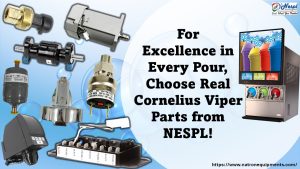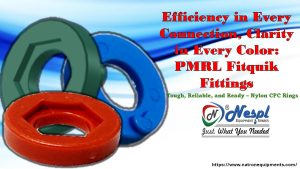With approximately 400 million cups consumed daily in the United States alone, coffee and espresso are undeniable staples in our lives. While the quality of beans and brewing methods are often in the spotlight, the role of water in extracting flavor is frequently overlooked. In this guide, we explore the importance of water filtration systems for creating the perfect cup and share insights for coffee shop owners and home enthusiasts alike.
For any doubt or query must connect us at: Sales3@natronequipments.com
Do I need to filter water for coffee or espresso?
A staggering 98% of coffee and espresso drinks are composed of water, making water quality paramount. Any contamination, whether from minerals, chemicals, or impurities, can compromise the flavor. To retain customers in a competitive market, investing in a quality water treatment system is indispensable.
Tips for Improving Coffee and Espresso Taste through Water Filtration:
- Know the Content of Your Water: Understanding your water’s composition is crucial for choosing the right filtration system. Whether you have well water or municipal water, identifying specific contaminants is the first step. Annual well water testing is recommended, and municipal water users can access certified laboratories for comprehensive analysis.
- Remove Chlorine from Your Water: Chlorine and chloramines, common in city-treated water, can adversely affect the coffee’s taste. Simple activated carbon filters, found in refrigerators or water pitchers, effectively reduce these chemicals. For advanced treatment, reverse osmosis systems remove a broader spectrum of contaminants, allowing for mineral re-addition for an optimal taste profile.
Activated carbon filters remove:
- Chlorine
- Chloramines
- Foul tastes and odors
- Trihalomethanes
- Herbicides and pesticides
- Mercury, Lead (if certified)
- Iron (if certified)
Reverse osmosis removes:
- Fluoride
- Salt
- Sediment
- Arsenic, VOCs, PFAS
- Microplastics
- Heavy metals
- Numerous other contaminants
- Manage Mineral Content: Balancing mineral content is essential for coffee and espresso quality. Water filters that maintain minerals or remineralization filters ensure an ideal water profile. Activated carbon filters may suffice for mineral-balanced water, while reverse osmosis systems with remineralization postfilters are ideal for excessive mineral content.
Must Buy: https://www.natronequipments.com/water-purification
Conclusion
In the pursuit of the perfect brew, water quality stands as a crucial yet often underestimated factor. By comprehending your water’s composition, removing undesirable elements like chlorine, and managing mineral content, you unlock the full potential of your coffee or espresso. Whether you’re a coffee shop owner or a passionate home brewer, investing in a suitable water filtration system is a game-changer for ensuring customer satisfaction and elevating your coffee experience. Cheers to the art of brewing and the science of water!
Must read to explore more: https://www.natronequipments.com/blog/5-benefits-of-incorporating-an-everpure-water-filter-system-into-your-daily-life/







